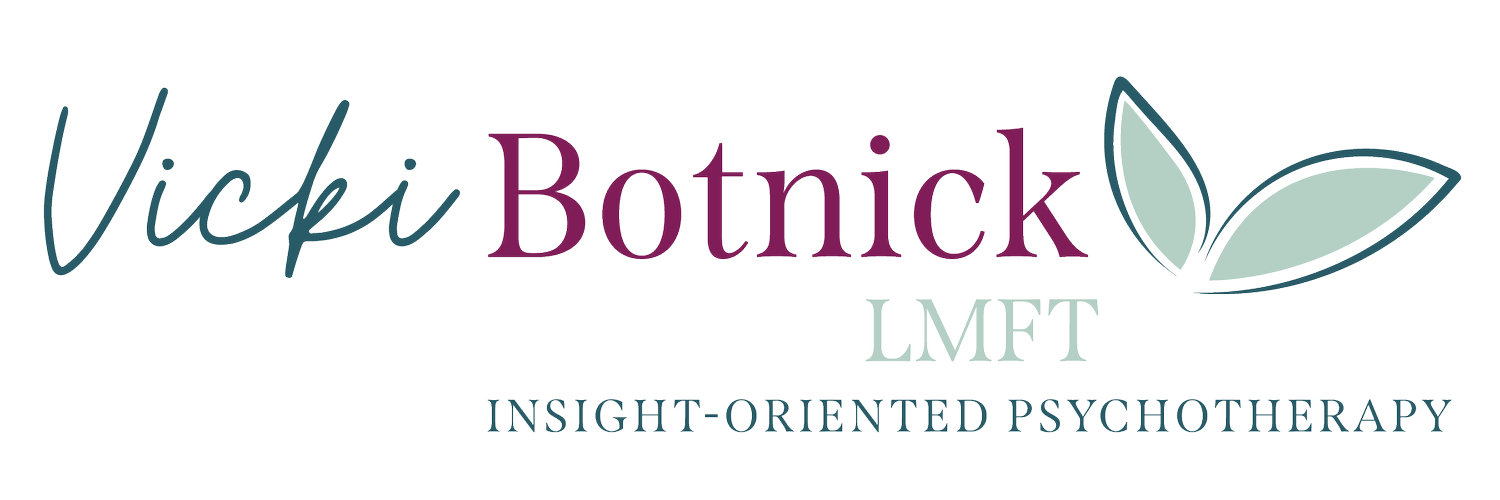Why You're Not Ruining Your Kids
It’s the secret fear every parent harbors: that the time we yell at the kids in the car, play Candy Crush instead of listening to their story, or fight with our spouse in front of them is going to be the time that scars them. The one they’ll end up talking about in therapy 20 years from now, as they try to piece back together their broken lives. It’s as if we’re one screw-up away from messing up our children in some permanent, Lifetime-made-for-television-movie kind of way.
It may come as a shock, then, to learn that we aren’t nearly as powerful as we fear (or is it hope?). For starters, besides what we’re commonly told these days, there are other important influences on kids besides their parents. In the famed Minnesota Twin Family Study, researchers found that personalities are formed half by our genes and half by environment, with “environment” comprising parents, schools, peers, media, etc. Which means that parents’ input is far less than 50%.
Once our kids hit pre-adolescence, peers hurtle forward in terms of their importance and influence. Multiple studies have highlighted peer influence as the single most important factor in drug use, smoking, and grades. In other words, who your child hangs out with can be more significant to his or her values than who raised him or her.
Even though our influence on our children is not all-encompassing, though, it is still valuable. So how do we make the most of the power we have? There is no guidebook for raising happy and healthy children. We do a lot of experimenting, tailoring our approaches to each new child and each new phase of development. Some of it will work and some won’t. Sometimes we will do a great job, other times we will fail. The key is not to do it perfectly but instead to do it with integrity and love.
Sometimes, our failures are wonderful opportunities. They’re a chance for us to model to our kids how to take responsibility, make amends, and accept our own flaws. Kids learn as much from failure—ours and theirs—as they do from success. Children who never witness their parents fighting miss out on some important lessons—how to tolerate conflict; how to repair after a fight; how to accept that all relationships go through struggles. And when parents are accountable for their mistakes and apologize, we’re passing those skills down.
In addition, the quality of resiliency (the ability to recover quickly from setbacks) is considered one of the main characteristics of happy people. And your kids can’t be resilient if they’ve never been knocked down. So even though we’d like to do whatever we can to protect our kids from being hurt or seeing us mess up, they’re actually gaining potential future happiness through seeing us be real and through their own struggles.
Of course, there are some behaviors that do create long-lasting, deep wounds to our children. They may leave children with damaged psyches, and images of themselves as being unworthy and unable to cope. These include:
Physical abuse
Verbal abuse
Neglect
Telling them they are worthless, bad, evil, or unlovable
Mixing love and support with abuse and endangerment
The good news: if you’re not doing those things, you’re not damaging your children. If you are reasonably consistent, mostly loving, often available, and a decent listener, you are providing your kids with the building blocks they need to form a solid sense of self and base of confidence. They need to know we’re there for them, seeing them and valuing them. Conversely, they do not need us to be perfect, constant, infallible robots. Children blossom when they know that their primary caretakers love them. Ask yourself, do you show your child your love? Do you do your best for your child? Do you abstain from abuse? If the answers are yes, yes, and yes, you are doing what you’re supposed to be doing.
So rest easy knowing that, sure, screaming at the car in front of you in a traffic jam teaches your little one some words he or she ought not be hearing at his or her tender age. But it’s not going to ruin your child. At worst, you’ll merely have some explaining to do when he or she repeats your phrases at preschool.
If you’re ready to find support with therapy, schedule a free consultation here.
